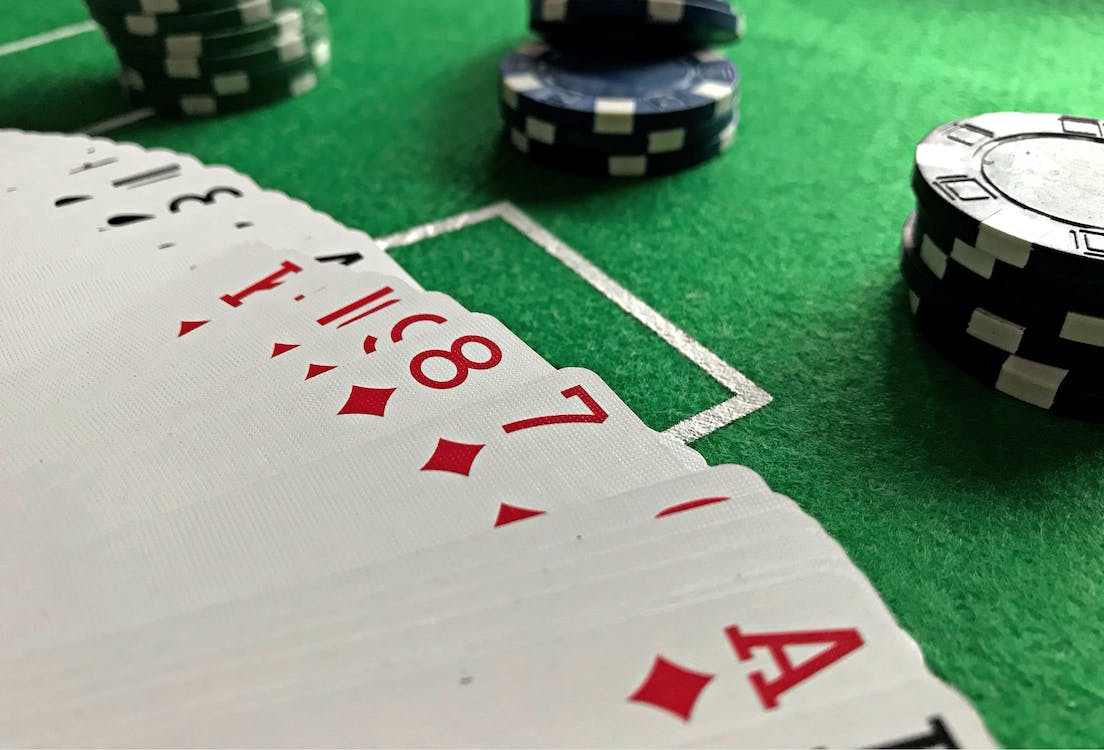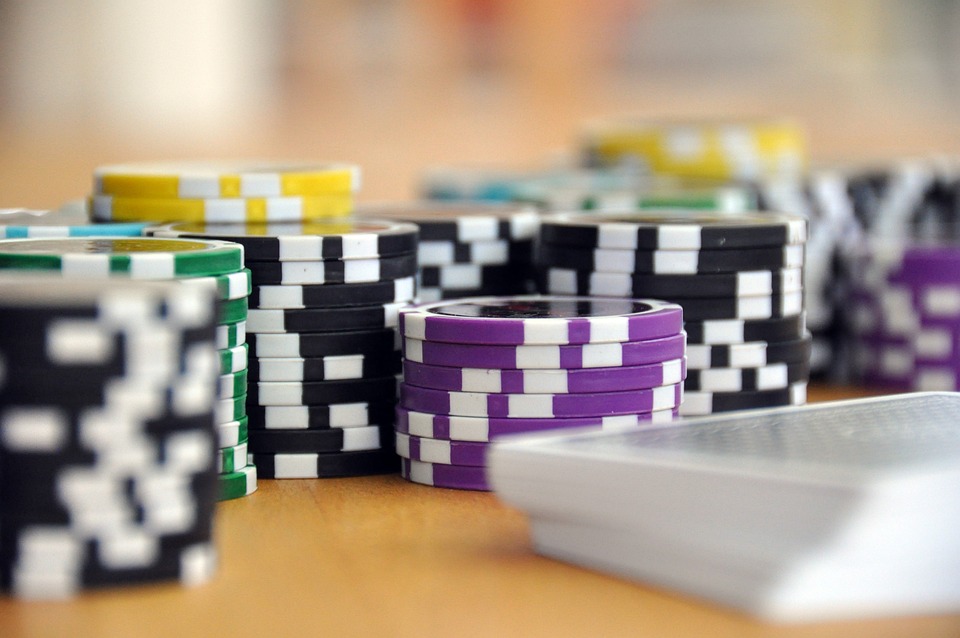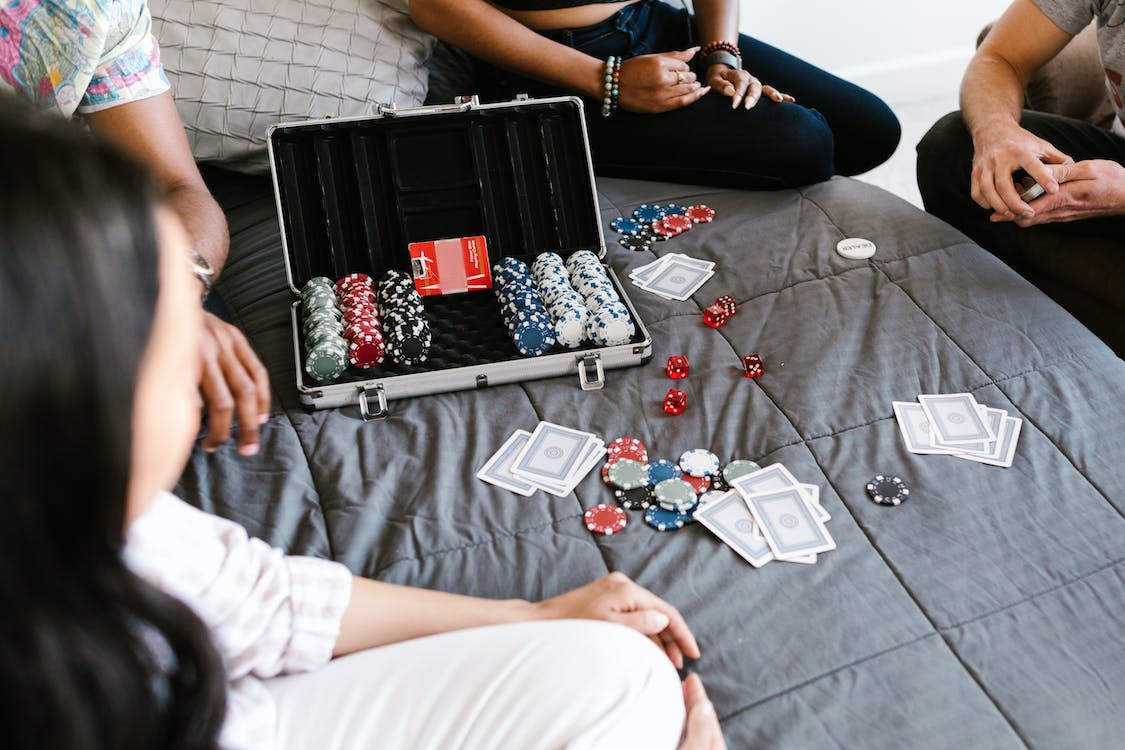
Is poker your favorite game? Or maybe you’re looking to make some serious profits with your game? In either case, you’re in for a treat. However, it can be tough to know where to start if you are a beginner.
This blog post puts together the best poker tips for beginners, just like you! So, keep reading, whether you’re just getting started or want to polish your skills. With a bit of know-how and some practice, you can be on your way to raking in the chips like a pro!
So what are you waiting for? Check out these top poker tips below and start putting yourself ahead of the competition!
If you’re new to poker, you must first learn the basic rules. This means understanding the rules, hand rankings, and betting structures inside and out. This may seem like a no-brainer, but you’d be surprised how many people try to jump into a game without even knowing how it works!
Not only will this make you look foolish, but it’s also a surefire way to lose all your money. So take some time to learn about the different poker hands and their meaning. Once you have a firm grasp of the basics, you can start thinking about strategy.
Basic rules of poker
A typical 52-card deck is used to play poker. The game aims to win chips by betting or bluffing your opponents into folding.
Royal flush, straight flush, four of a kind, full houses, flush, straights, three of a kind, two pairs, one pair, and high cards are the names of the hands from the highest ranking down to the lowest.
The betting structure can vary depending on the game you’re playing, but typically there are four rounds of betting: preflop, flop, turn, and river.
Order of poker hands from strongest to weakest

The following is a quick rundown of the order of poker hands from strongest to weakest:
Royal Flush: A straight flush that goes from 10-J-Q-K-A. The highest possible hand in poker.
Straight Flush: Any straight that is all the same suit. For example, 4-5-6-7-8 of hearts.
Four of a Kind: Four cards of the same rank, such as 7-7-7-7.
Full House: A combination of a three of a kind and a pair, such as K-K-K-2-2.
Flush: Any five cards that are all the same suit. For example, 3-5-8-J-K all of clubs.
Straight: Five cards in sequential order that are not all the same suit. For example, 5-6-7-8-9 all of the different suits.
Three of a Kind: Three cards of the same rank, such as 7-7-7.
Two Pair: Two sets of cards with the same rank, such as J-J-4-4.
One Pair: A hand with two cards of the same rank, such as 9-9.
High Card: The highest card in your hand if no other poker hands are made. For example, if you have A-5-6-10-J, the hand would be considered a high card since it doesn’t fit any other category.
When starting, it’s important to ease into things. This means playing at lower-stakes tables and in less competitive games. Not only will this help you avoid getting in over your head, but it will also give you a chance to build up your bankroll slowly and steadily.
One of the other best ways to learn how to play poker is by starting with free online games. This way, you can get a feel for the game and figure out what works for you without risking any money.
One of the most important poker tips for beginners is to play tight. This means only playing premium hands (think aces, kings, and queens) and folding everything else. While it might seem tedious, playing tight is a great way to minimize losses and protect your chips.

Once you’ve mastered playing tight, it’s time to start mixing things up. One of the best ways to do this is by playing aggressively. This means betting and raising more often, even with marginal hands. Playing aggressively will help keep your opponents guessing and pressure them to make mistakes.
No matter how well you’re doing, poker will always have ups and downs. That’s why one of the most important poker tips for beginners is to know when to quit. Perhaps it’s time for a break. And if you’re feeling tired or emotional, it’s time to call it quits.
Moreover, one of the biggest mistakes beginners make is playing too many hands. You don’t have to play the hand you were dealt just because you got it! If your cards are bad, there’s no shame in folding and waiting for a better opportunity. In poker, patience is a virtue.
Poker is a skill-and-chance game. The more you know about the odds, your opponents, and the game itself, the better your chances are of winning. These tips will give you an excellent foundation to start with, but remember that practice makes perfect!
So what are you waiting for? Sign up today with GGPoker, the world’s largest poker room, and start honing your skills!




